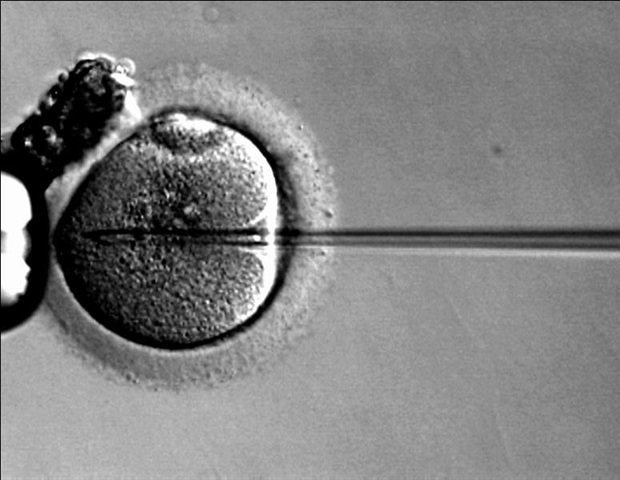Fondazione Telethon announces the positive opinion issued by the Committee for Medicinal Products for Human Use (CHMP) of the European Medicines Agency (EMA) recommending a marketing authorization in the European Union for Waskyra™, an ex vivo gene therapy for Wiskott-Aldrich syndrome (WAS), a rare and life-threatening primary immunodeficiency.
Fondazione Telethon is the first non-profit organization to successfully navigate the full path from laboratory research to regulatory approval, working with industry partners when available to bring gene therapies from discovery to patients.
Developed through decades of research at the San Raffaele Telethon Institute for Gene Therapy (SR-Tiget) in Milan, the treatment represents a major scientific and clinical breakthrough, offering new hope to patients affected by this condition.
This milestone demonstrates that academic research, when driven by a strong sense of responsibility to patients and conducted to the highest industry standards, can truly change the natural history of rare diseases. We are proud that the work that began in our laboratories is now reaching European patients, confirming the value of a research model that bridges science and care.”
Ilaria Villa, General Manager Fondazione Telethon
“Making treatments truly available is essential to giving families a real chance at treatment. The real meaning of science lies in the impact it has on people’s lives,” added Dr. Alessandro Aiuti. Associate Director of Clinical Research at SR-Tiget, Head of Pediatric Immunohematology at IRCCS Ospedale San Raffaele and Full Professor of Pediatrics at Università Vita-Salute San Raffaele.
The treatment will be made available to patients at the IRCCS Ospedale San Raffaele, a recognized center of excellence in gene therapy for this and other diseases, where the clinical trial phase was conducted.
The BLA for the same gene therapy for WAS remains under review by the US Food and Drug Administration (FDA).
Fondazione Telethon will continue to work with regulatory authorities to make treatments available to all eligible patients.
About Wiskott-Aldrich Syndrome (WAS)
Wiskott-Aldrich syndrome is a rare genetic blood disorder that causes immunodeficiency and low platelet counts, as a result of mutations in the WAS gene. The disease manifests itself from early childhood with repeated and persistent infections, bleeding episodes, eczema and an increased risk of developing autoimmune diseases and lymphomas. It almost exclusively affects males, with an estimated incidence of 1 in 250,000 live male births. Current treatment options include supportive therapies aimed at managing and preventing clinical manifestations. The only potentially curative option is hematopoietic stem cell transplantation, for which a compatible donor is not always available and which is not without risks.
About Waskyra™ (etuvetidigene autotemcel) gene therapy for Wiskott-Aldrich syndrome
Waskyra consists of a single administration of autologous CD34+ hematopoietic stem and progenitor cells that have been transformed with a lentiviral vector encoding the WAS gene. Once corrected, the stem cells are re-infused into the patient, who undergoes chemotherapy beforehand to prepare the bone marrow to receive them. Waskyra has been shown to reduce the incidence of major and moderate bleeding events and serious infections in patients with WAS compared to the pre-treatment period. In cases where transplantation from a compatible family donor is not possible, gene therapy represents a potential treatment option for eligible patients, whose safety and efficacy have been evaluated.
